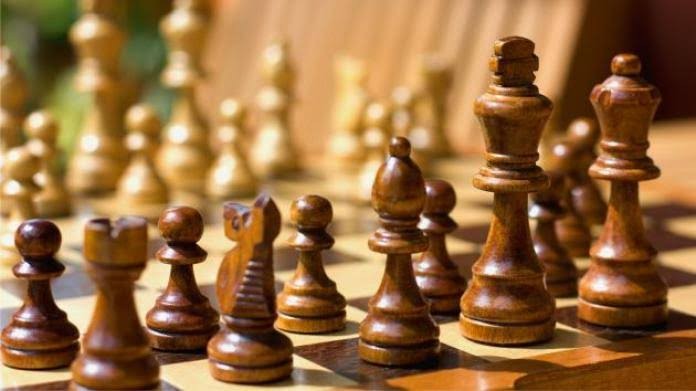No more Draws in Chess – FIDE

In 1980 when the rules; white moved first, the stalemate was a draw, and pawns could capture en passant by Staunton became generally accepted.
Top-level classical matches have been increasingly dominated by draws, leaving viewers frustrated and tournaments non-exciting.
The International Chess Federation or World Chess Federation, commonly referred to by its French acronym FIDE (/ˈfiːdeɪ/, FEE-day (Fédération Internationale des Échecs), FIDE, the governing body of chess since 1924, has taken the bold and important step of prohibiting all draws.
The new rules take immediate effect.
The strong proponents and opponents of the change have taken to social media to voice their thoughts.
The term “New Chess” and the hashtag, #newchess, became the #1 trending topic on Twitter.
All regulations within the rules of chess that result in a draw have been replaced, all chess matches will now end with a guaranteed decisive result. Players may no longer make draw offers or agree to draws.
GM Jon Ludvig Hammer first conceived the idea of abolishing draw offers some time ago, but some grandmasters initially dismissed it.
The age-old rule, the stalemate will now be a win for the dominant player, the player who has deprived his opponent of all legal moves.
The next rule on the chopping board was the 50-move rule which states that if no pieces have been captured and no pawn moves have been made for 50 moves, the game will end in a draw.
This limit has been cancelled, meaning that games can now last for an unlimited number of moves. To ensure that games do not continue forever, a clause has been added asserting that after move 101, each player will take turns kicking each other in the shin once per move until a player pleads for “mercy” or falls out of their chair.

